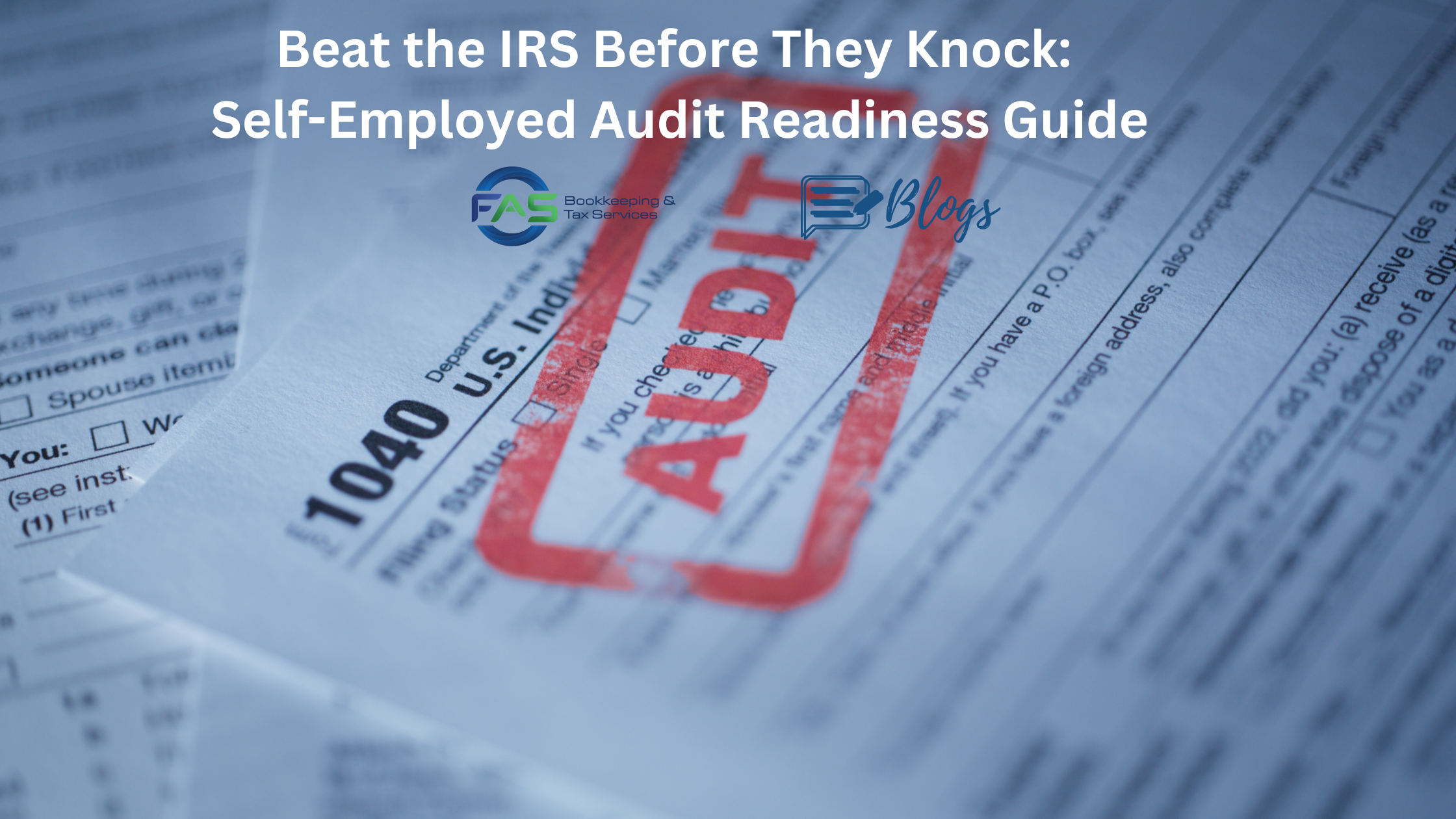The Coronavirus Aid, Relief and Economic Security (CARES) Act, enacted last spring, includes several temporary tax changes that help charitable organizations. One such provision allows taxpayers to deduct cash donations of up to $300 made before December 31, 2020.
Designed especially for people who choose to take the standard deduction, rather than itemize. In tax-year 2018, the most recent year for which complete figures are available, more than 134 million taxpayers claimed the standard deduction, just over 87 percent of all filers.
Under this new change, individual taxpayers can claim an “above-the-line” deduction of up to $300 for cash donations made to charity during 2020. This means the deduction lowers both adjusted gross income and taxable income – translating into tax savings for those making donations to qualifying tax-exempt organizations.
Before making a donation, however, taxpayers should use the special Tax Exempt Organization Search (TEOS) tool on IRS.gov to make sure the organization is eligible for tax-deductible donations.
Cash donations include those made by check, credit card, or debit card. They don’t include securities, household items, or other property. Though cash contributions to most charitable organizations qualify, those made to supporting organizations and donor-advised funds do not.
Be sure to keep good records. By law, special recordkeeping rules apply to any taxpayer claiming a charitable contribution deduction. Usually, this includes obtaining a receipt or acknowledgment letter from the charity, before filing a return, and retaining a canceled check or credit card receipt.
The CARES Act also includes other temporary provisions designed to help charities. These include higher charitable contribution limits for corporations, individuals who itemize their deductions, and businesses that give food inventory to food banks and other eligible charities.
For more information about these and other Coronavirus-related tax relief provisions, don’t hesitate to contact us so our Enrolled Agent can assist you.




